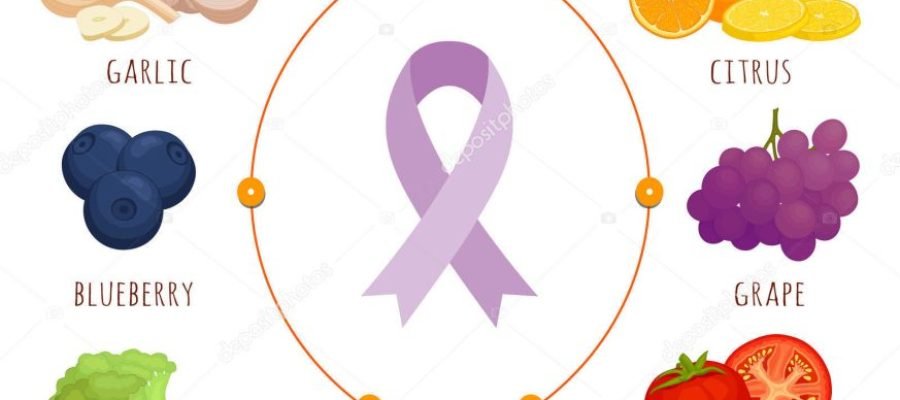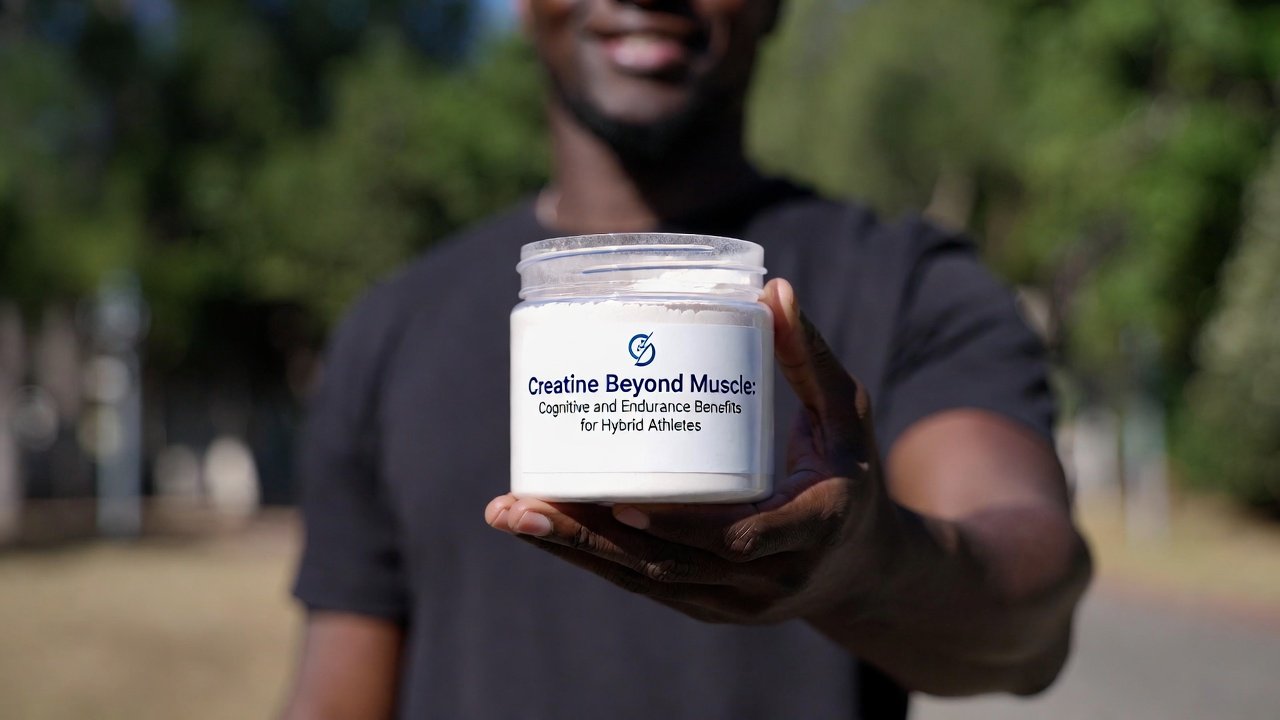The Physicians Committee for Responsible Medicine (PCRM) recently unveiled six assertive dietary guidelines for cancer prevention.
- Monitor calcium intake Calcium is essential for bone health and for the prevention of colorectal cancer. However, several studies show an association between diets high in calcium from dairy and supplements with prostate cancer. Instead, get calcium from green leafy vegetables, legumes, calcium-fortified non-dairy milk, and no more than two servings of low-fat dairy per day.
- Limit or avoid alcohol Doing so reduces the risk of cancers of the mouth, esophagus, colon, and rectum. Limiting alcohol also helps with weight management and prevents premature aging. If consumed at all, limit alcoholic drinks to one serving for women and two servings for men per day. For weight loss and certain medical conditions, it’s best to avoid alcohol altogether.
- Avoid red and processed meat For every 120 grams (approximately 4 oz.) of red meat consumed on a daily basis, the risk of colon and rectal cancer was increased by an estimated 28 percent. Red meat is an excellent source of protein, iron, and zinc when enjoyed in moderation of no more than two 4 oz. servings per week.
- Turn down the heat Limit the use of high-temperature cooking methods (i.e. grilling, frying, and broiling) for red meats, poultry, and fish, to reduce the risk of colon, breast, pancreas, and prostate cancers. What’s a grill master to do instead? Use lower-heat cooking methods like sautéing, roasting, poaching, stir-frying, indirect grilling, and slow cooking whenever possible.
- Soy good Eating soy foods during adolescence may reduce the risk of breast cancer in adulthood. Soy may also reduce the risk of recurrence of breast cancer in women. Choose one to two servings of whole soy foods like edamame, tempeh, soy nuts, and tofu per day, and limit soy supplements, isolates, and powders.
- Fill up on fruits and veggies The fiber, phytochemicals, and protective compounds in fruits and vegetables (especially leafy greens) reduce overall cancer risk. Cruciferous vegetables like broccoli, cabbage, and kale lower the risk of colorectal, lung, and stomach cancers, while vegetables rich in carotenoids like carrots and sweet potato decrease breast cancer risk. A high intake of tomatoes, garlic, and onions reduce the risk of gastric cancer. Additionally, plant foods are supportive of a healthy weight, which reduces the risk of all forms of cancer in the long term. Keep these recommendations in mind. However, remember that they don’t make up a comprehensive dietary plan and no food is guaranteed to cause or prevent cancer.
Please contact us with any questions or comments.
Please review our business at: Google Yelp Facebook
To learn more, please visit our Member’s Area to access our subscribed content.
Did you know you can work out and exercise with a trainer at your home, office, hotel room, or anywhere in the world with online personal training?
Like us on Facebook/Connect with us on LinkedIn/Follow us on Twitter
Make sure to forward this to friends and followers!






